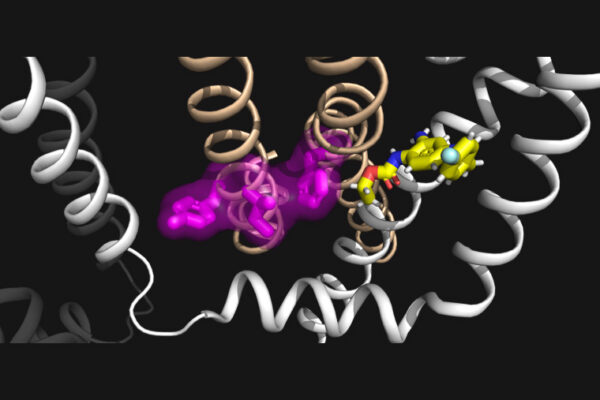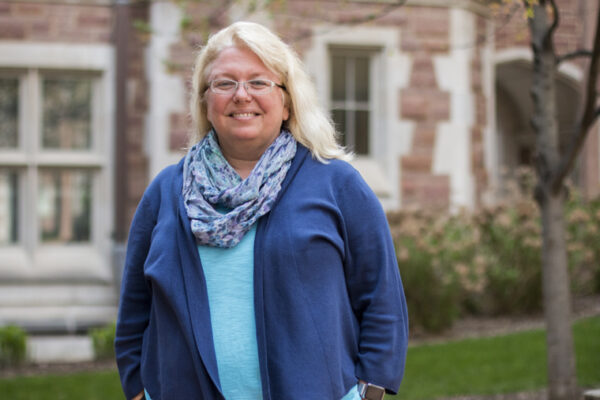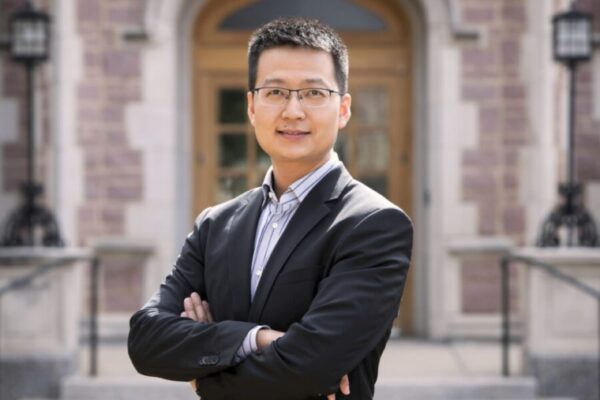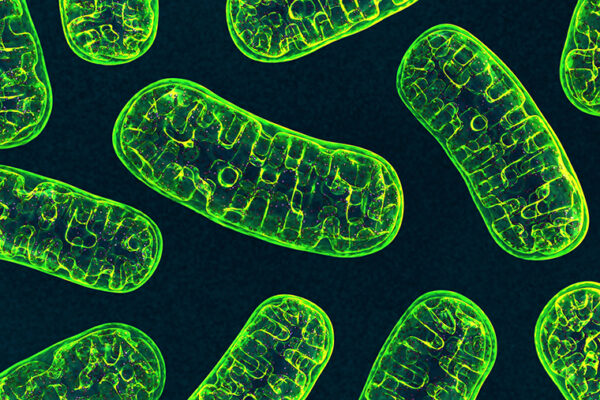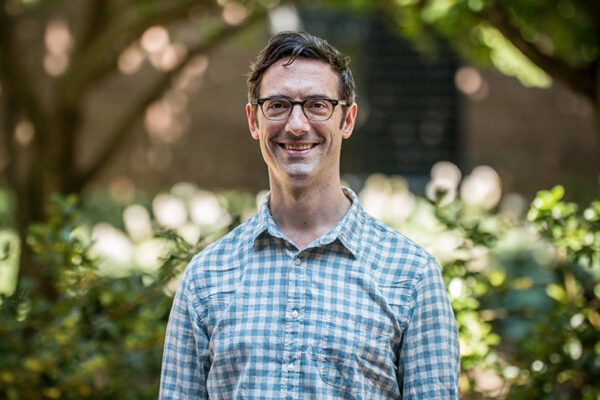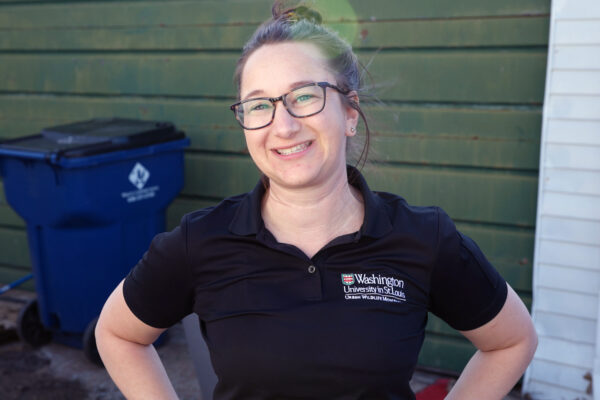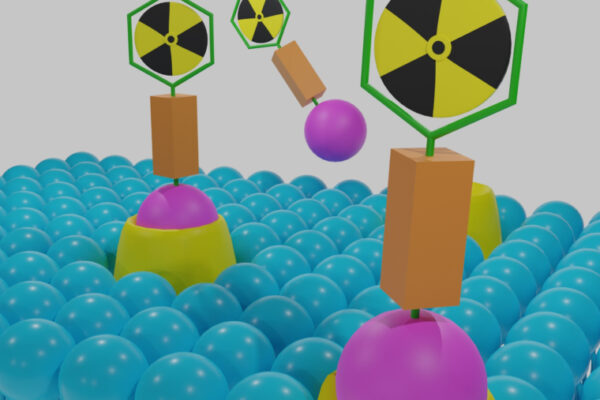Study reveals novel mechanism behind epilepsy, drug modulation
Researchers in Jianmin Cui’s lab at the McKelvey School of Engineering have looked at drug interactions and mechanisms behind a group of proteins to potentially develop a new strategy to treat epilepsy.
VanBommel receives NASA funding
Scott VanBommel, a senior scientist in earth and planetary sciences in Arts & Sciences, received $284,827 in funding from NASA.
Barch receives Research Investigator Prize
The American Psychological Foundation has awarded its Alexander Gralnick Research Investigator Prize to Deanna Barch, professor in Arts & Sciences and at the School of Medicine.
Safer lithium-based batteries focus of new study
Peng Bai at the McKelvey School of Engineering has received a $355,630 grant from the National Science Foundation to study safer batteries.
Sugar metabolism is surprisingly conventional in cancer
A study in Molecular Cell led by chemist Gary Patti in Arts & Sciences shows that cancer cells don’t want to waste glucose, they just consume it too quickly. The discovery was made possible with metabolomics, which allowed Patti and his team to observe the speed at which small molecules move through cells.
Henriksen wins Office of Naval Research grant
Erik Henriksen, associate professor of physics in Arts & Sciences, received a three-year $599,784 grant from the Office of Naval Research for his research project on topological qubits.
Squirrels and the city
Examining the influence of urbanization on the evolution of eastern gray squirrel
Climate of opportunity
Washington University takes a leadership role in the Midwest Climate Collaborative to help address specific climate challenges in the 12-state region.
A helping hand
Meet the two scientists behind the IpsiHand, an innovation approved by the FDA in 2021 that is helping patients debilitated by stroke move again.
New imaging-based approach to measure radiation dose
Abhinav Jha and his collaborators have developed a way to measure the distribution of dangerous radiation associated with cancer treatments.
Older Stories
